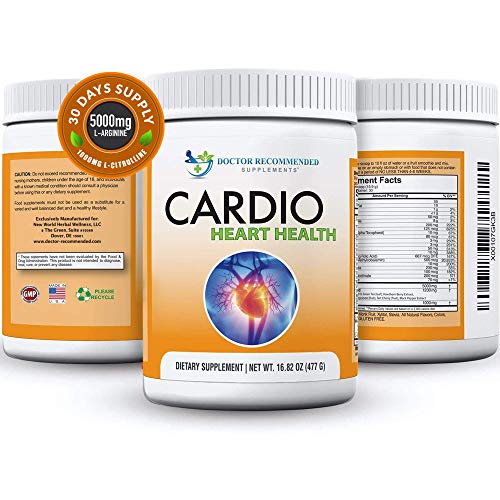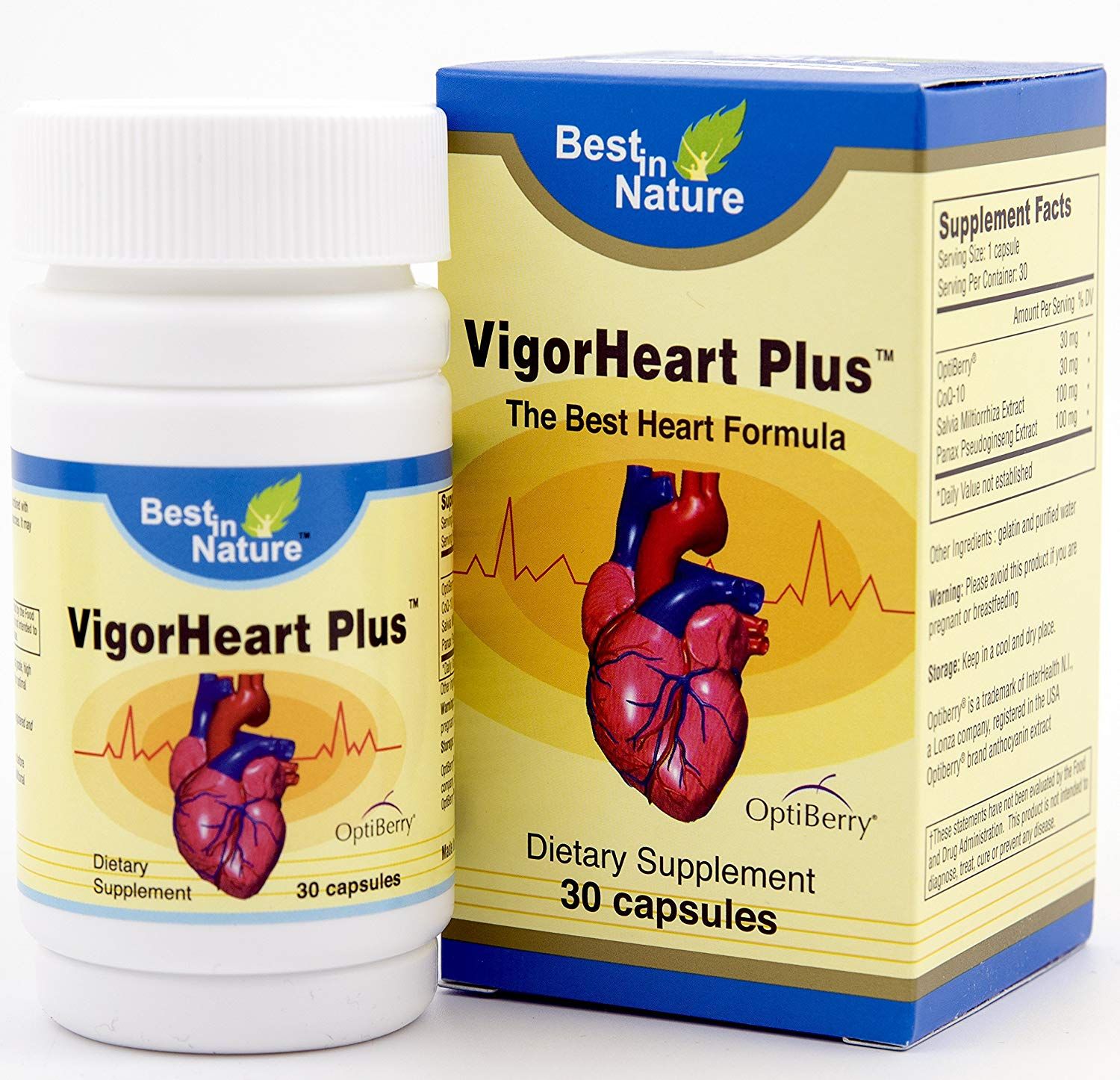Introduction
Heart health is a cornerstone of overall intimately being, and with the rise of cardiovascular diseases globally, maintain a healthy heart has ne’er been more crucial. While diet and exercise are fundamental to heart health, supplements can play a supportive role in enhance your cardiovascular system. In this article, we delve into the world of heart health supplements, provide you with essential information, tips, and real life examples to help you make informed decisions.
Understand heart health supplements
Heart health supplements are nutritional products design to support cardiovascular function. They oftentimes contain essential vitamins, minerals, and other compounds that contribute to heart health, such as omega 3 fatty acids, coenzyme q10 (coq10 ) and plant sterols.
 Source: blog.prismahealth.org
Source: blog.prismahealth.org Key supplements for heart health
- Omega-3 fatty acids: Find in fish oil, omega 3s are known for their ability to reduce inflammation, lower triglyceride levels, and decrease the risk of arrhythmia.
- Coenzyme q10 (coq10 ) This antioxidant play a crucial role in energy production and has show potential in reduce blood pressure and improve heart function.
- Plant sterols and stands: These compounds help lower cholesterol levels by block its absorption in the intestines.
- Magnesium: Know for its role in muscle function, magnesium can help regulate heart rhythm and blood pressure.
- Garlic extract: Garlic is believed to lower blood pressure and cholesterol levels, contribute to improved heart health.
Tips for choose heart health supplements
When consider heart health supplements, it’ important to make informed choices:
 Source: walmart.com
Source: walmart.com - Consult a healthcare professional: Before start any supplement regimen, consult with a doctor or a qualified healthcare provider to ensure it’s appropriate for your health needs.
- Look for quality certifications: Choose products that have been certified by reputable organizations, such as thUnited Stateses pharmacopei((USP)) or NSF international.
- Read labels carefully: Understand the ingredient list and avoid supplements with unnecessary additives.
- Consider dosage: Follow recommend dosages and be cautious of high doses that may cause adverse effects.
Real life example: the impact of omega 3 fatty acids
Consider the story of john, a 55-year-old man who had been struggle with high cholesterol levels despite make dietary changes. Upon his doctor’s recommendation, he sstartstake omega 3 fatty acid supplements. Within six months, his cholesterol levels show significant improvement, and he besides report feel more energetic and experience less joint pain. John’s case highlight the potential benefits of incorporate the right supplements into a heart health regimen.
Potential risks and considerations
While heart health supplements can offer benefits, they’re not without risks:
- Interactions with medications: Some supplements may interact with medications, such as blood thinners, lead to adverse effects.
- Overdose risks: High doses of certain nutrients, like vitamin E and selenium, can have negative health impacts.
- Individual variability: Not everyone will respond the same way to supplements, and some individuals may will experience side effects.
Conclusion
Heart health supplements can be a valuable addition to a holistic approach to cardiovascular care. By understand the benefits and risks, consult with healthcare professionals, and choose high quality products, you can efficaciously support your heart health. Remember, supplements are mean to complement, not replace, a balanced diet and healthy lifestyle. For more information on heart health strategies, consider explore reputable health websites and consult with medical experts.